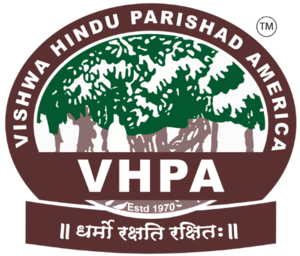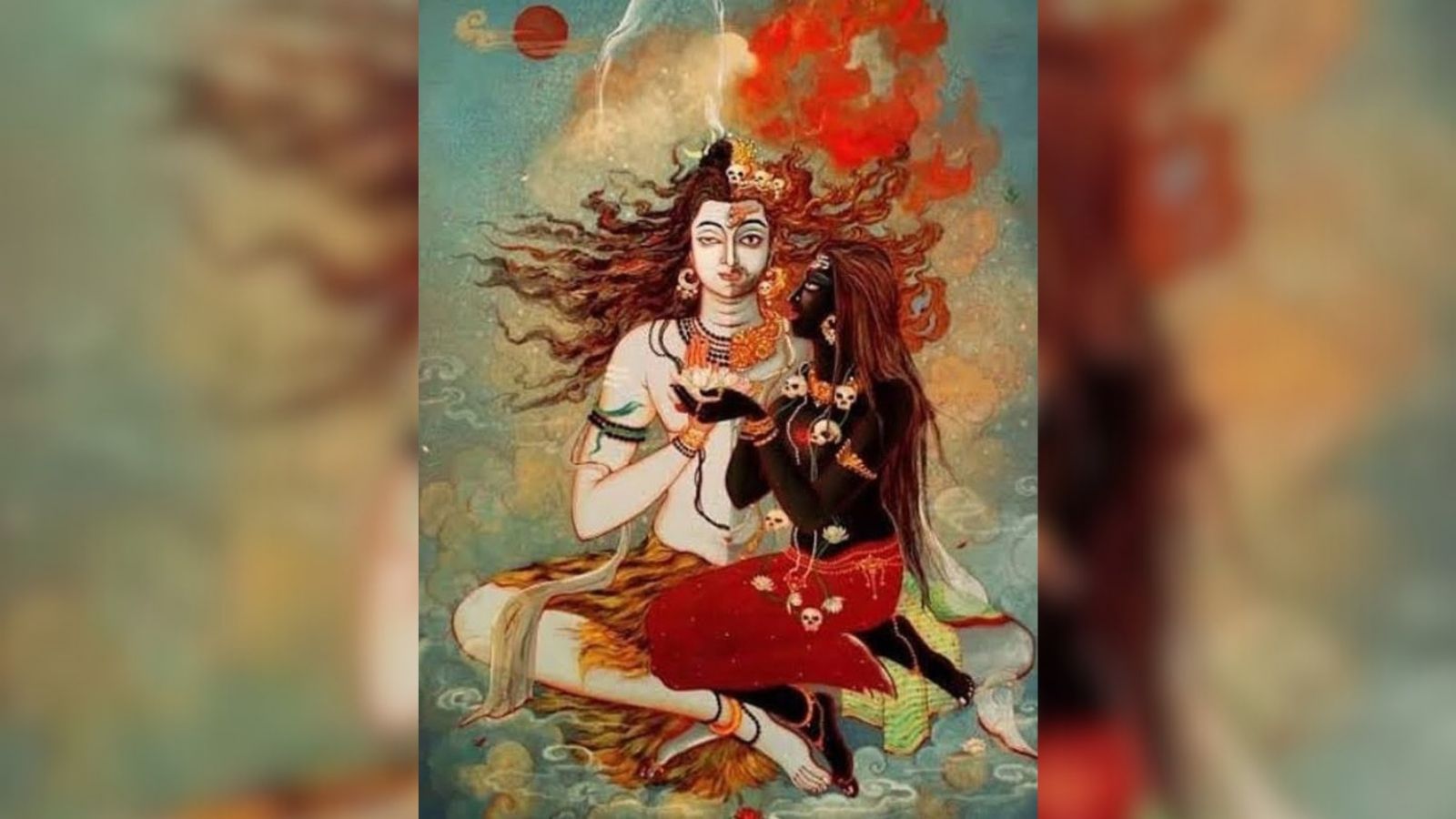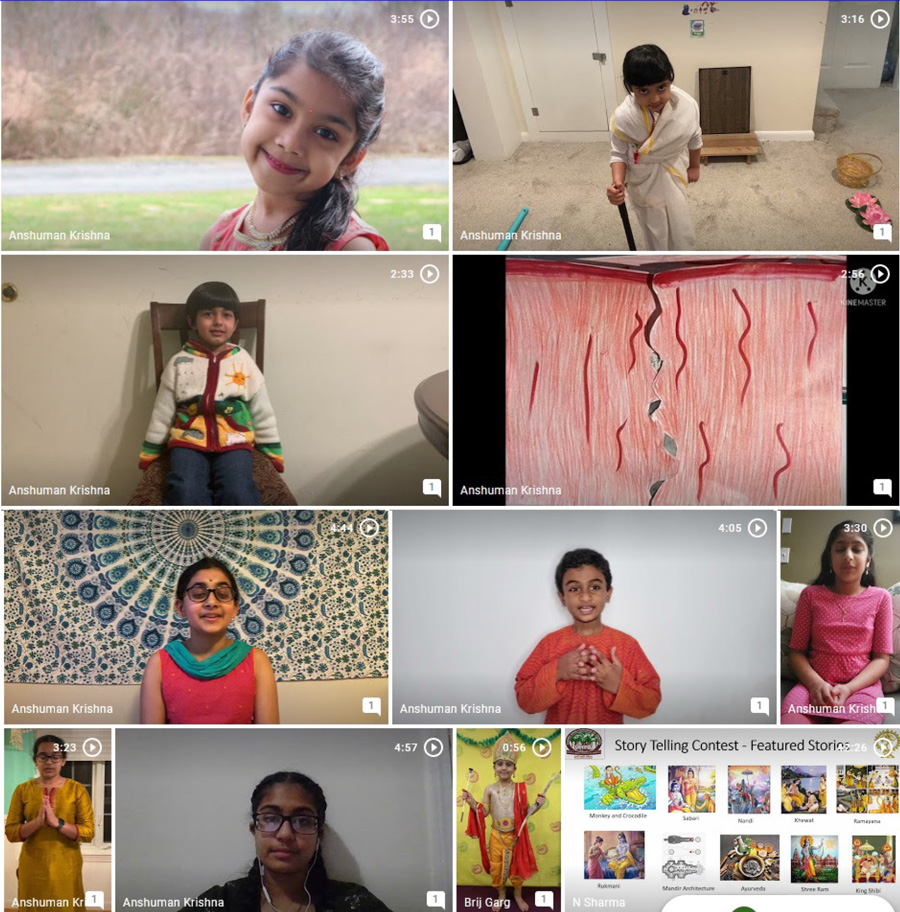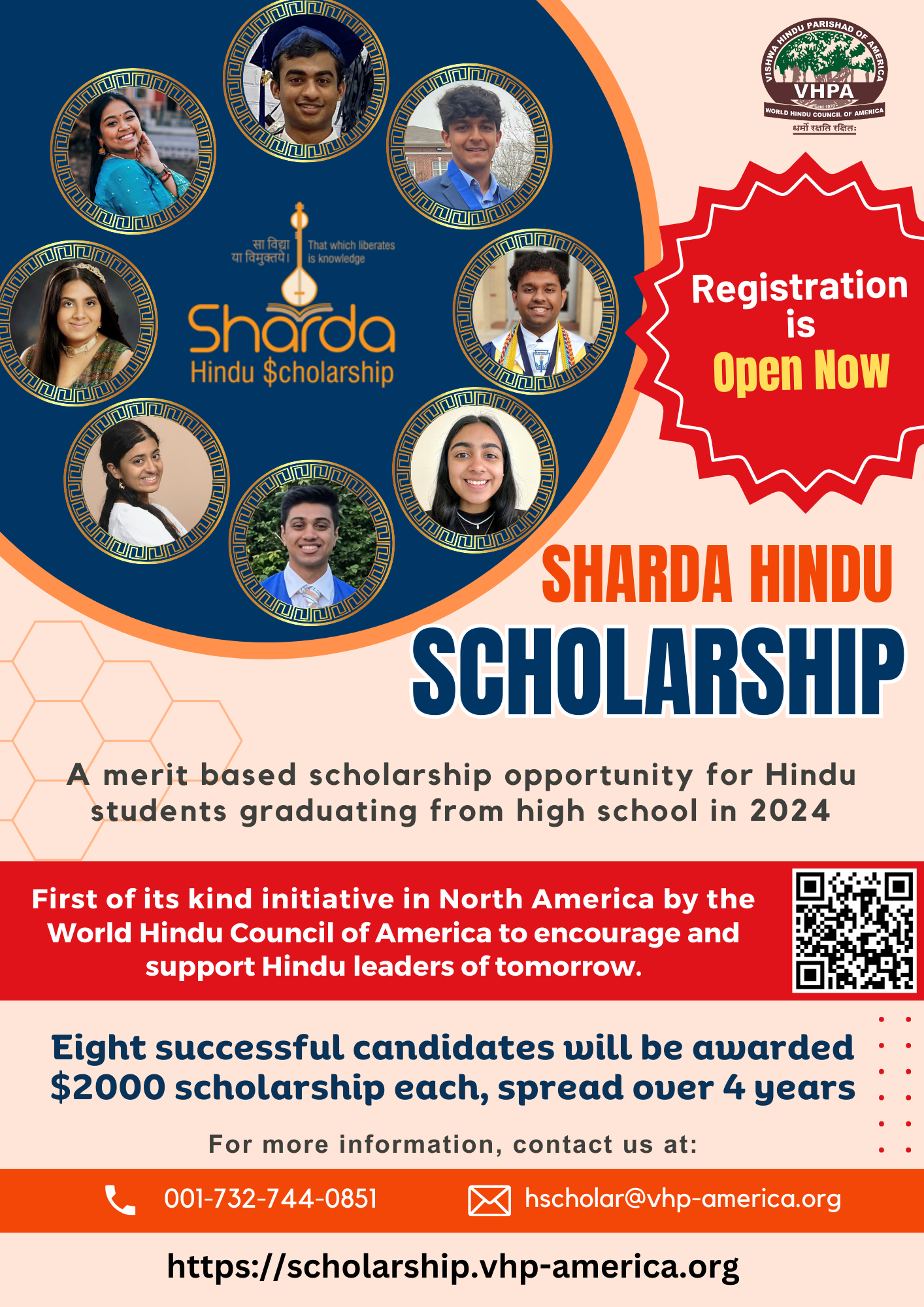It’s that time of year again. Every day, every week and every month is a season of joy in our culture with its unique blessings. However, nothing focuses the mind better than designating a month for the celebration of our heritage. Few understand this as profoundly as Hindus, who have perfected the philosophy of perceiving the world and even God in a multitude of diverse forms including formlessness.
In our heritage, spanning several millennia, every day of the year is likely a birthday of a great luminary, and/or a day worth remembering for an event of great consequence. We celebrate these occasions individually in our own unique and diverse ways. Yet, we also come together for one Diwali, one Holi, and many other days that are grand representing the combination and culmination of many such celebrations.
Hindu Heritage Month in October is one such months, where we dedicate ourselves to celebrating, exhibiting, expressing, and sharing our heritage with the people and communities we coexist in this universe. The recognition of this month is accelerating with each passing year as more people, organizations and communities join in the celebrations. We delved into the meaning of heritage in the last year’s issue of Hindu Heritage Month in this magazine. I aim to extend that discussion with the words of one of the great rishis of the last century, Sri Aurobindo. He proclaimed of our heritage, “We are no ordinary people. We are a people as ancient as our hills and rivers and we have behind us a history of manifold greatness, not surpassed by any other people.”
Recently, I had to cremate my father at Manikarnika Ghat on the banks of the sacred Ganges River in the holy city of Kashi. As his body turned into ashes, I contemplated not only the enduring nature of hills and rivers but also the eternal flame Agni (a symbol of light and knowledge) that leads to mukti (spiritual liberation). This flame, lit by Adiyogi Mahadev, has continued to burn since time immemorial. It underscores the continuity of the ancient with the vitality of the present. In the Hindu worldview, death is another name for a new birth, a renewal of the adornment of the Atman.
Is heritage solely about the past? What does it inform us about our future? Sri Aurobindo further elaborates, “All we do or create must be consistent with the abiding spirit of our culture, but framed into a greater harmonized rhythm to the call of a more luminous future. If faith in us and fidelity to the spirit of our culture are the first requisite of a continued and vigorous life, recognition of greater possibilities is a condition not less indispensable. There cannot be a healthy and victorious survival if we make the past a fetish instead of an inspiring impulse.”
As the Pragyan rover gracefully explores the enigmatic Shiv Shakti point on the moon, it casts a brilliant light on another facet of Hindu heritage—a beckoning path towards the future. This path weaves together the profound yoga of Shiv and Shakti, the eternal cosmic dance of creation and creative dissolution, the seamless continuity of past and future, the harmonious fusion of science and spirituality, and the unwavering imperative of karma aligned with dharma. In this grand journey, may the divine blessings of Shiv and Shakti guide our way.



![[ India Today ] Ohio senator JD Vance thanks wife, a Hindu, for helping him find Christian faith](https://hinduvishwa.org/wp-content/uploads/2024/06/us-senator-jd-vance-reveals-how-his-hindu-wife-usha-helped-him-find-his-christian-faith-image-re-272530504-16x9_0-120x86.webp)










